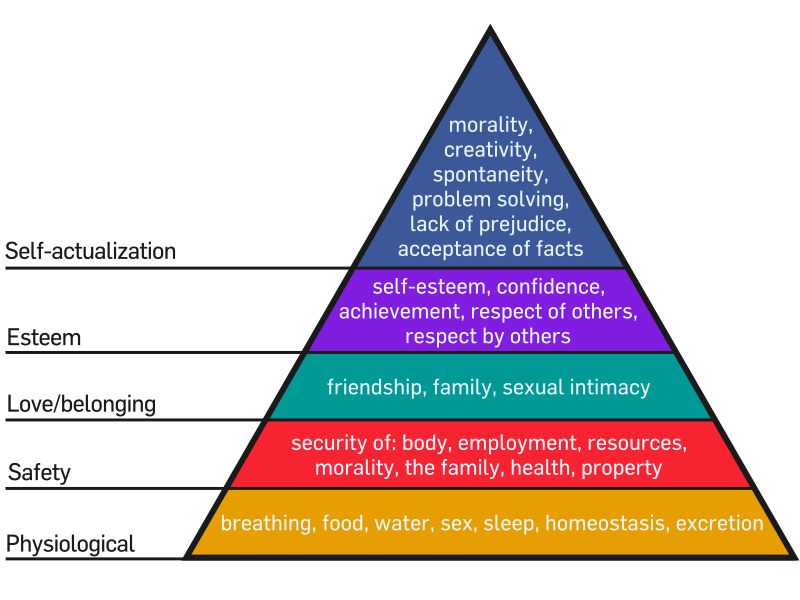Fixing Unemployment: Part 3
This post is a follow-up to Part 1 and Part 2. You don't need to read them but it would provide some useful context.
Technology is improving at an accelerating rate, disrupting myriad industries. This is dramatically improving the productivity per worker but also making many jobs unnecessary / redundant. The resulting loss of jobs is sometimes called Technological Unemployment.
If technological disruption is sufficiently infrequent then old workers can retrain or retire, and new workers can study gain relevant skills while in school. As the disruptions get more frequent, greater sections of the workforce will have to retrain or exit the job market. As the rate of technological disruption continues to increase, I expect unemployment to grow. Rather than a massive problem, this could be an incredible opportunity to shift the entire employment paradigm.
Douglas Rushkoff had a great piece in CNN last fall titled Are Jobs Obsolete? and in May the New York Times ran an editorial Let's be Less Productive. Both hit at the fact that we don't need to be working so much. Theoretically, we can produce more than enough food, shelter, and other goods for everyone without full employment and without people working full time. Rushkoff suggests people be freed up to focus on creative works and the Times pushes for significantly shorter work weeks.
One of the major barriers to shorter work weeks is that it's very tough to do in a free market environment with large unemployment. In many cases, a firm with full work weeks will out-compete firms with short work weeks. Because of the unemployment, they will be able to find workers willing to take on full week roles. A caveat - in some industries where technology allows incredible workers (several sigma above the norm) to have a highly leveraged impact, short work weeks may be an important differentiation for attracting top talent; this works because the top talent is scarce.
Rushkoff suggests that we guarantee food and shelter as human rights, thereby freeing the jobless from the need for employment. This is very similar to a concept called Basic Income. Basic Income is a system that ensures that every citizen is guaranteed a minimum income - usually enough to live on. This was actually tried successfully in Canada. With Basic Income, workers would not feel pressure to take full time jobs or languish due to Technological Unemployment.
One major question around Basic Income regards what people will do with their time. In conversations with friends, several expressed concern that the jobless would just sit around and watch TV. One way to mitigate this concern could be to attach Basic Income to a minimum level of volunteering. For example, recipients of Basic Income could "earn" it by volunteering at a community garden or teaching at after-school programs. New departments of civil servants could be charged with finding meaningful ways to fulfilling volunteer hour requirements.
The larger problem of "What should people do with their free time?" ties back to an earlier series of posts on Cognitive Surplus. Jobless or employed, most people have a huge surplus of time, which they often squander. I strongly suspect that there is a massive deficit of meaning in most people's lives; they don't get satisfaction from work and aren't getting meaning elsewhere.
One way to frame this is a society-wide crisis of self-actualization. Self actualization is at the top of Maslow's Hierarchy of Needs:

My guess is that large swaths of the population are lacking self-actualization. If increasing productivity (due to technology) and a Basic Income free up massive amounts of free time, we should use that time to remedy this situation. Let's make it easy for people to find what they're passionate about, build the necessary skills, and then execute on those passions.
Forget full employment, let's strive for full self-actualization.